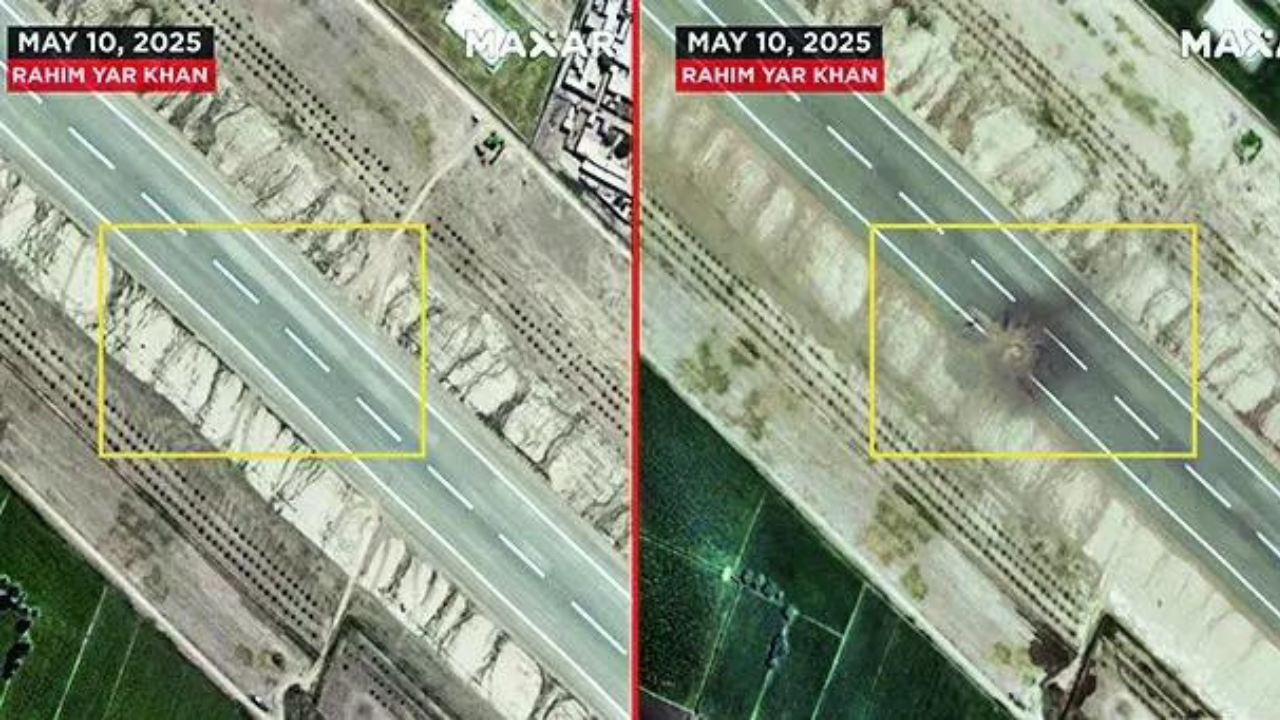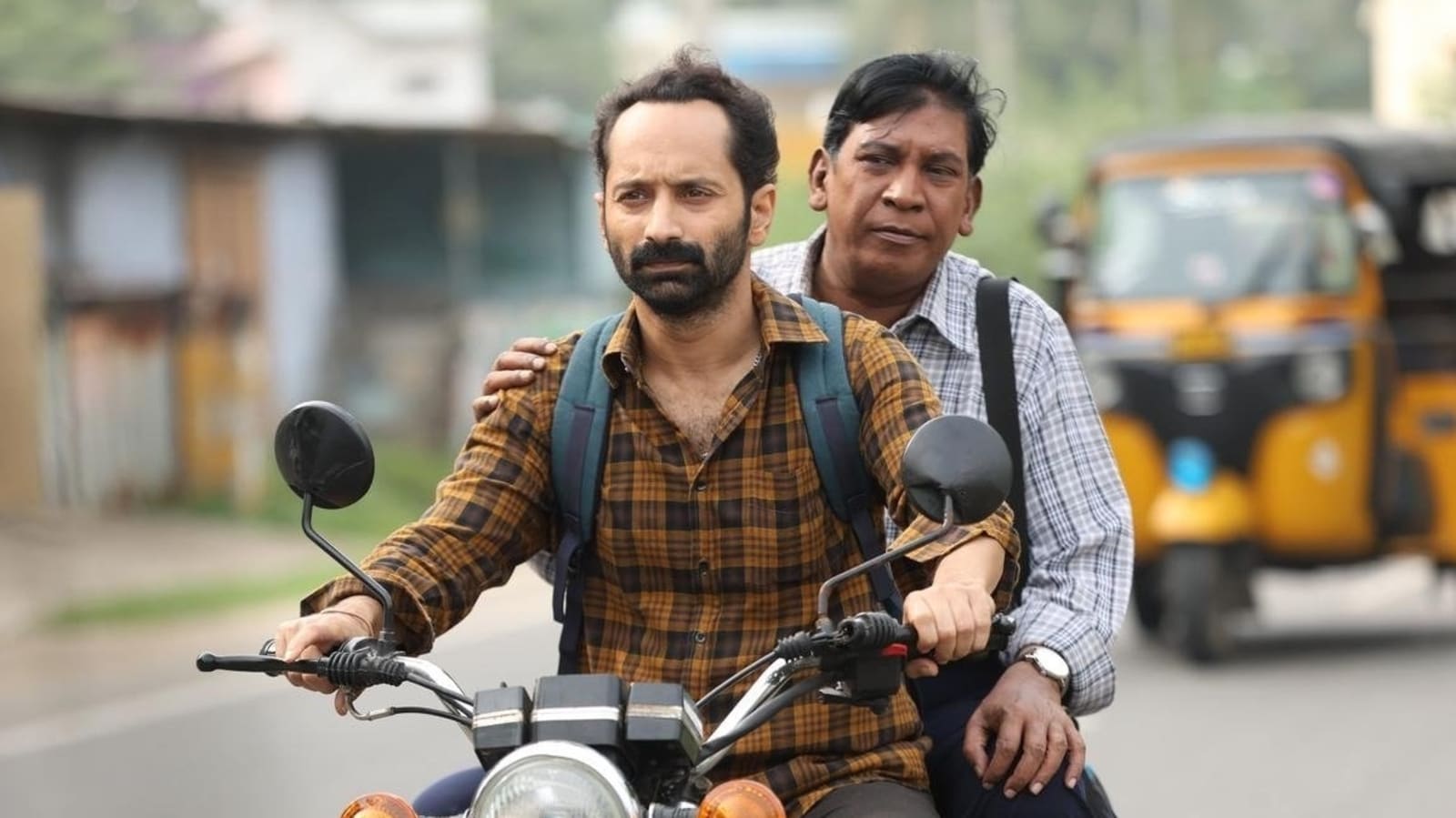When a project has the stamp of Fahadh Faasil, we expect some sort of spark in it, given that he has led with fine examples such as Maheshinte Prathikaaram, Thondimuthalum Driksakshiyum, and Kumbalangi Nights, to name a few. Unfortunately, that inkling proves to be a foolish expectation here with the actor’s choice to do a film like Maareesan. It is a ridiculously insensitive film that weaponises serious issues like Alzheimer’s disease and child sexual abuse.

Spoilers for Maareesan ahead!
Projection of Alzheimer’s disease
Picture this. It is 2025, and we are still greenlighting projects that treat Alzheimer’s disease like a narrative scapegoat. It is merely a projection. In Maareesan, Vadivelu’s character Velan first appears in handcuffs. A local, wayward thief, Dhaya (Fahadh Faasil), spots him first, and Velan tells him that he has Alzheimer’s disease. After spotting that Velan has lakhs in his bank account, Dhaya plans to exploit him with the motive of stealing his entire savings along the way.
But Maareesan wants to show us that it is clever and one step ahead of the viewer, as Velan is not as innocent as he projects himself to be. In fact, as the film progresses, it will be revealed that he does not have Alzheimer’s disease at all! Bingo! A film that weaponises a serious neurodegenerative disorder for the sake of shock value. No iota of sensitivity is present here; it is merely a gimmick, a sort of adhesive to bring these two characters together.
Velan is the one who is cheating, lying, and, in one unnecessarily violent scene that does not cut away, killing another character with a hammer. This is an extremely problematic depiction, which propagates the harmful idea that people living with these symptoms might as well be cheats. Later, when Dhaya finds out that this old man has been lying under his teeth, he wants to teach him a lesson. But that is not all, as the film then reveals that Velan’s wife is the one who suffers from the symptoms of Alzheimer’s disease. Her portrayal is unsurprisingly seen through the lens of sympathy, and characteristically sidelined when she is unable to recognise the face of a molester. He steps in to do the needful; she is not required anymore.
Insensitive depiction of child sexual abuse
This is where Maareesan tackles the subject of child sexual abuse, a sudden revelation that completely changes the tone of the film. The film becomes a rape-revenge saga devoid of the presence of women. The script is utterly confused and insensitive, where the victims of the horrific act are silenced and never given the chance to exist within the frame. The only time they do is when they are navigating their trauma of sexual abuse in some form. However, their honour becomes the prime motive for the protagonist to further propel the male-saviour complex.
In Maareesan, the female characters exist merely as space-fillers, as objects of sympathy, and as bodies that have experienced sexual trauma and thereby must stay hidden from the public (and the frame). The lack of sensitivity is glaring in the later scenes, where the makers seem to have spent no second thought on the subject of child sexual abuse.
It is Velan who is revealed to act out as a vigilante, and the film goes on to justify his actions as a man taking the law into his own hands and killing the criminals one after the other. This was the revelation, and the premise that was promised at the outset- it never really existed. This formal narrative choice arrives like a total disregard of the audience’s emotional investment in the story. With Velan and later with Dhaya, Maareesan plays out as an act of delivering performative justice. This is a woefully misjudged and regressive character study that wants to show off its veneer of sincerity. It gaslights the viewer into believing, and then tells us to believe in the real story from the shadows. Therein lies the irony.
Maareesan is available to watch on Netflix.












